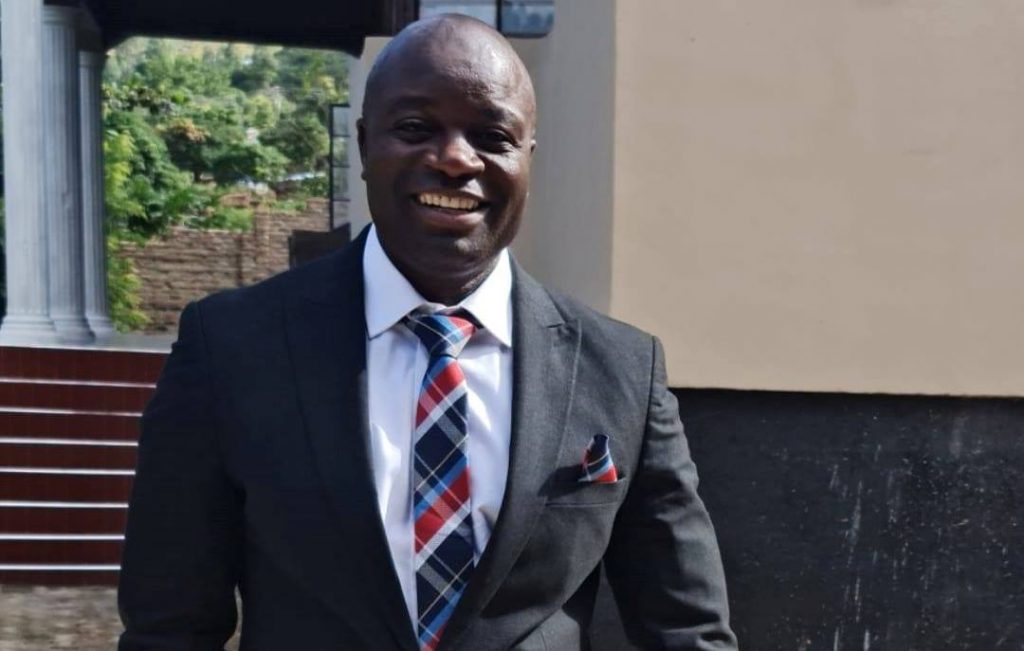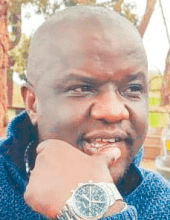‘Name and shame money launderers’
A financial analyst and an economist have recommended to the financial services regulator in the country to name and shame money launderers.
The move is to curb the malpractice which is costing the country billions of kwacha annually through illegal externalisation of foreign exchange.

The experts, financial market analyst Bond Mtembezeka and Betchani Tchereni were commenting on a Financial Intelligence Authority (FIA) report of 2018 which reported that between 2015 and 2017, a total of $25.2 million was illegally externalised through fake Malawi Revenue Authority (MRA) importation documents.
According to the report, the country continues to lose billions of kwacha every year through externalisation of foreign exchange by unscrupulous business people who use some unnamed commercial banks in their schemes.
Asked why he thinks the commercial banks are still being abused in money-laundering schemes, Mtembezeka said he believed the issue has to do with lack of will on the part of the regulator to enforce the law.
Agreeing with Mtembezeka, Tchereni, an associate professor of economics at the Malawi University of Business and Applied Sciences, observed in an interview on Wednesday that any form of money-laundering can be best dealt with through naming and shaming of the perpetrators, saying this is the part which RBM needs to embrace.
He added: “It is the policing of the law which matters. Currently, one can see that the law is selectively policed, sometimes just to gag people.”
While admitting that banks can, indeed, be abused, Reserve Bank of Malawi (RBM) spokesperson Mark Lungu said in an interview on Tuesday that it would be wrong to suggest that commercial banks or financial institutions, as institutions, facilitate that.
Lungu said RBM imposes sanctions on non-compliant banks based on the country’s Financial Services Act and the Financial Services (Customer Due Diligence Requirements for Banks, Leasing and Finance Companies or Discount House) Directive of 2016.
Said Lungu: “When and if this happens, it must be understood that it is an offence against the cited pieces of law. Admittedly since banks are a means of doing trade, including international remittances, they can indeed be abused by unscrupulous schemers. Otherwise, where a bank is also involved in illicit activities, that is a serious offence punishable by revocation of their permit.”
He explained that it is the regulator’s requirement and also everyone’s expectation that banks are vigilant in ensuring compliance to various regulatory requirements.
He said: “While RBM is not preoccupied with policing as such but it ensures that the system works in conformity to the law and standards always.
Asked why wayward banks are not named and shamed, Lungu explained: “The RBM applies administrative penalties and sanctions. They are also governed by law. What is obvious looking at them is that they are not a public court like another arm of government. There is a possibility and provision to publicise institutions that have been sanctioned, but its application is proportional and governed by a framework. It is an area for more public awareness.”
In an e-mailed response, MRA head of corporate affairs Steven Kapoloma observed that the issue of banks being used to externalise forex was a challenge in the years before 2015.
Said Kapoloma: “MRA deployed all means of technology and introduced the Document Validation System which ensured that the issue of fake stamps is directly dealt with as anyone since 2017 easily verifies the validity of MRA documents.”





